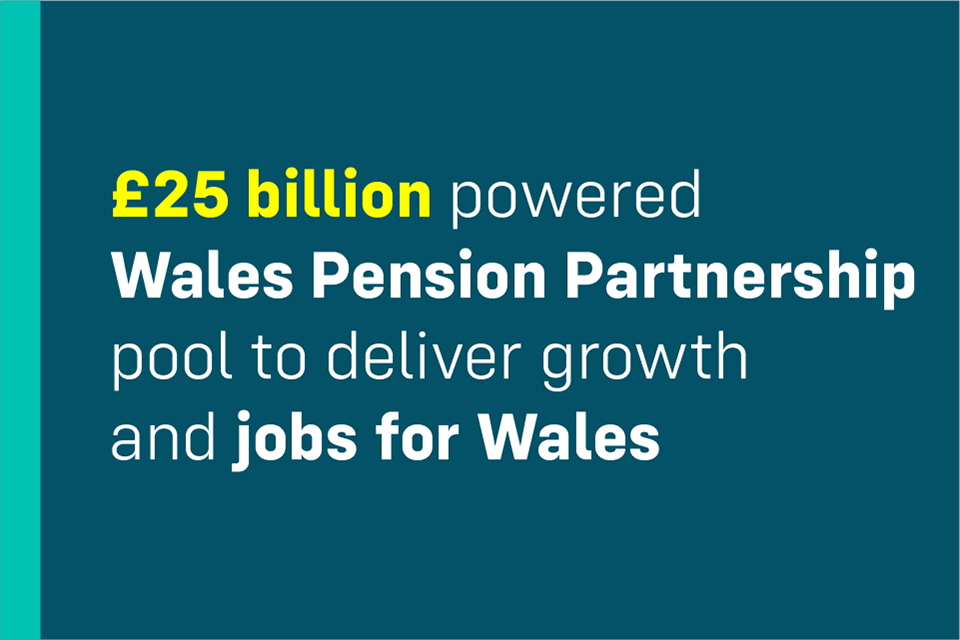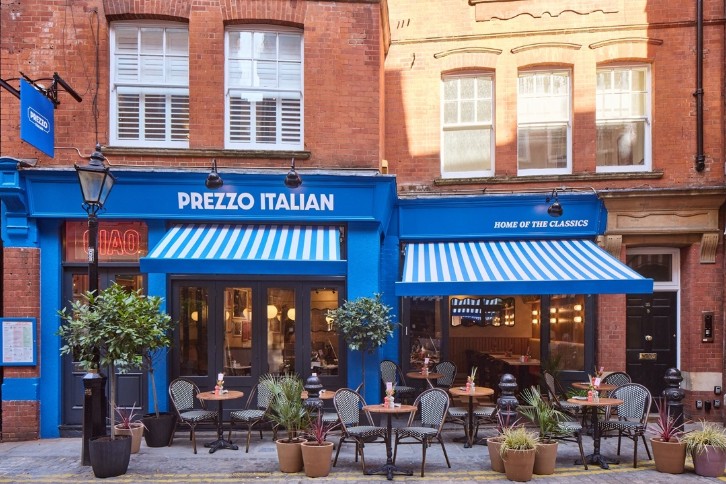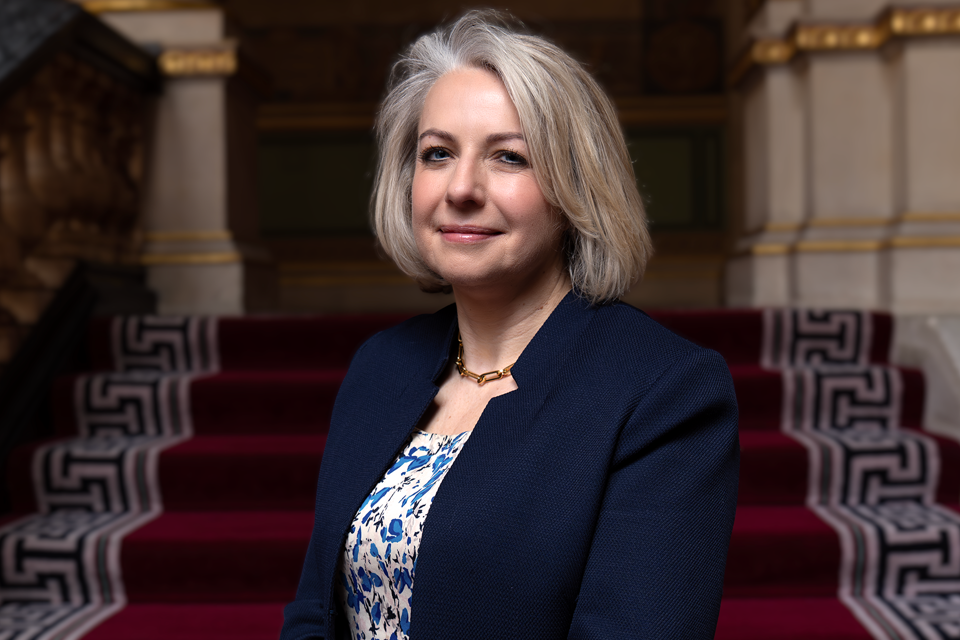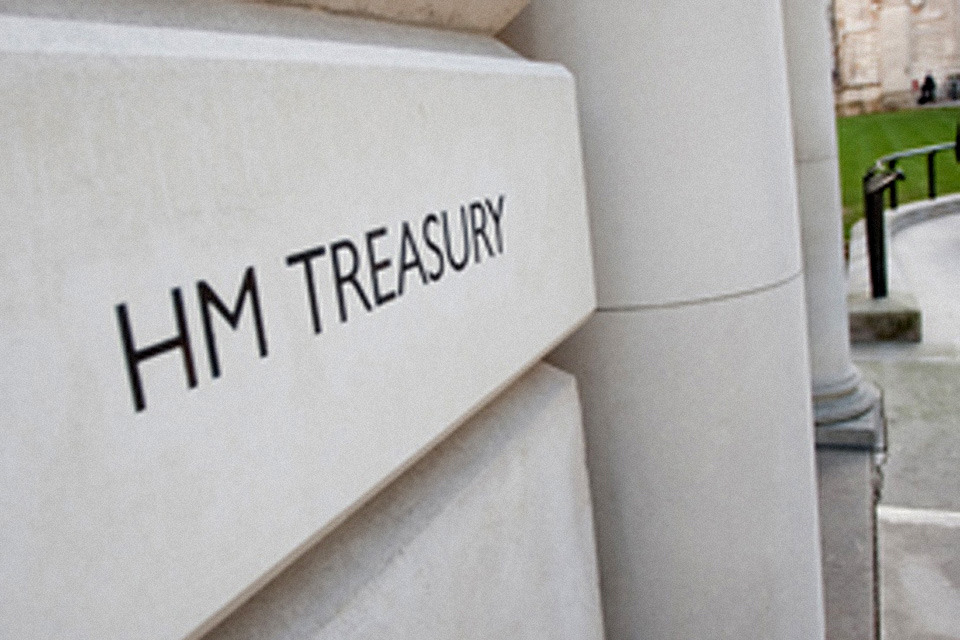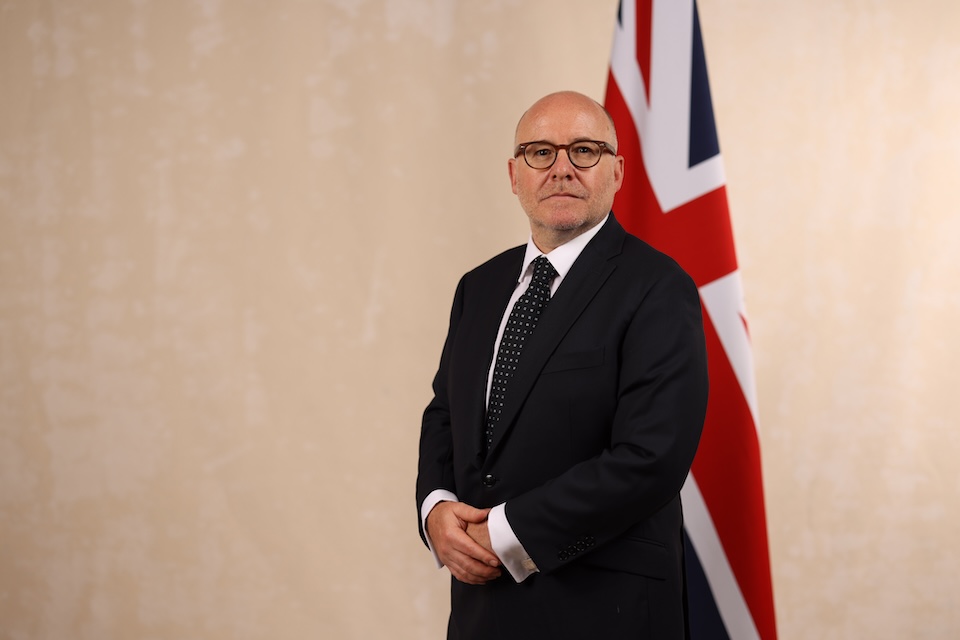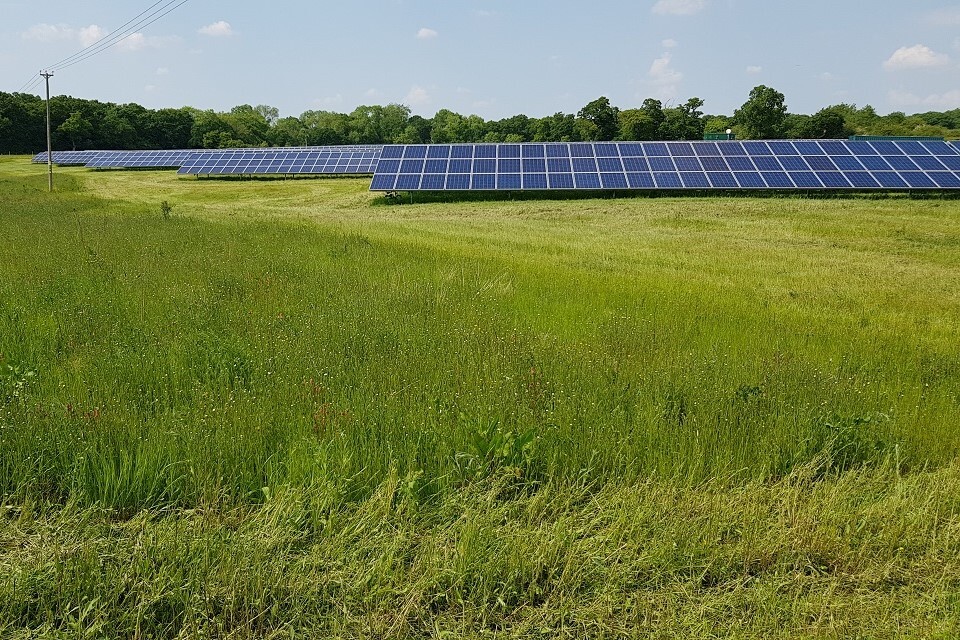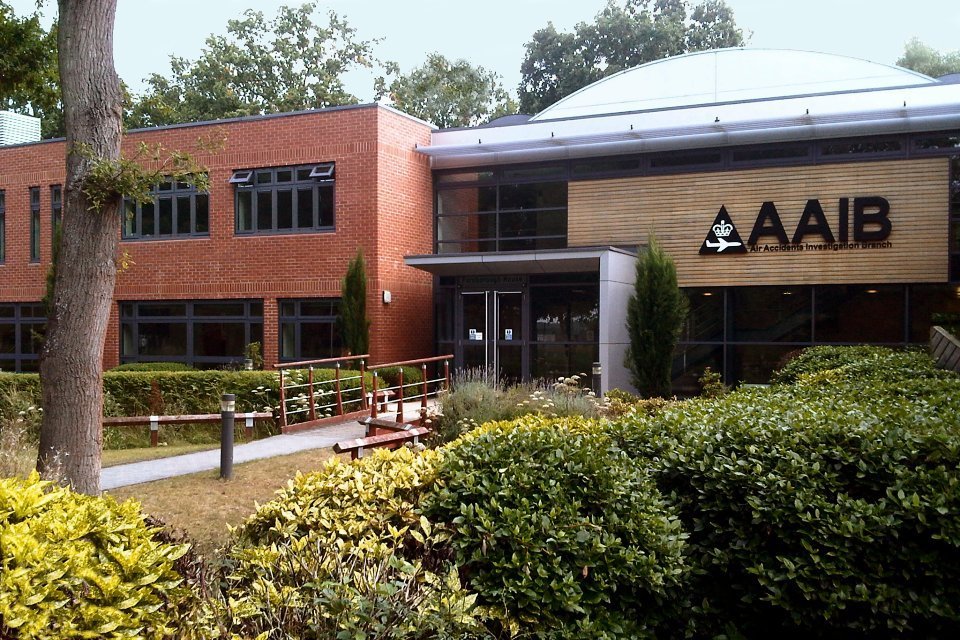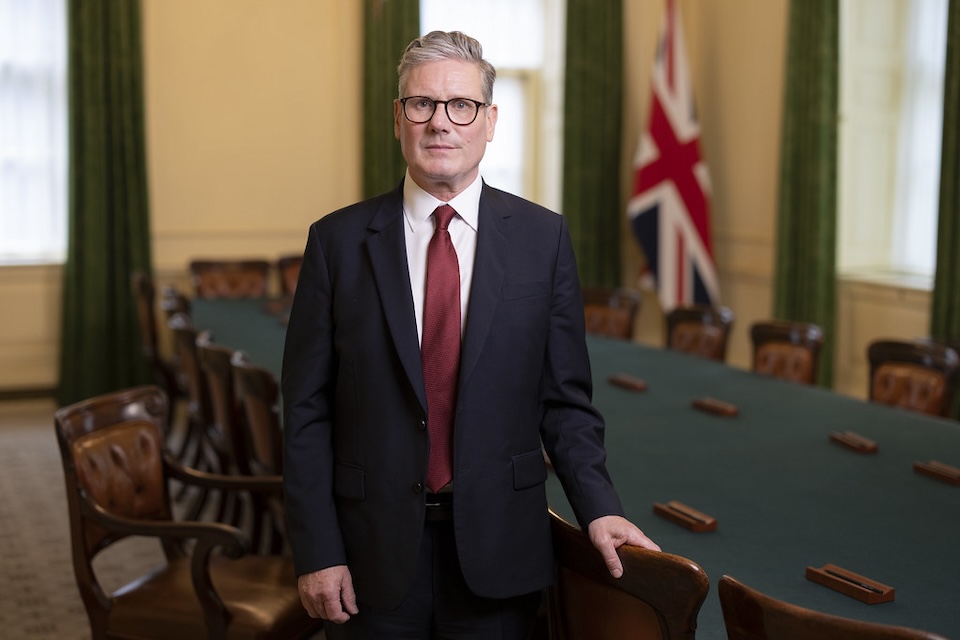What's On
Updates to this page Published 1 November 2018 Last updated…
Going Out
If you’ve ever dreamt of adding ‘exhibition curator’ to your…
Reviews
Learning care is one of the best online -Montessori schools.…
Latest Articles
Emergency contact details for Saturday 10 May and Sunday 11 May.
The work has been valued at £10.2 million The export bar will allow time for a UK gallery…
Mrs Sarah Hulton OBE has been appointed His Majesty’s Ambassador to the Republic of the Philippines and His…
The Prime Minister met Prime Minister Jonas Gahr Støre of Norway this afternoon onboard a Norwegian coastguard vessel.
Court imposes fines, costs and confiscation order on director and his company for nearly £100,000 Judge tells defendant…
Visitors to the Regency villa in Hampstead where Romantic poet, John Keats, lived and wrote some of his…
Chancellor visited Sunderland today following landmark economic deal with the US that saved thousands of auto jobs and…
Over the next 4 to 5 weeks, around 200,000 to 500,000 cubic metres of sand will be topped…
In Spotlight
Jovarn Esterine (18), from Wolverhampton, has had his sentence increased…




